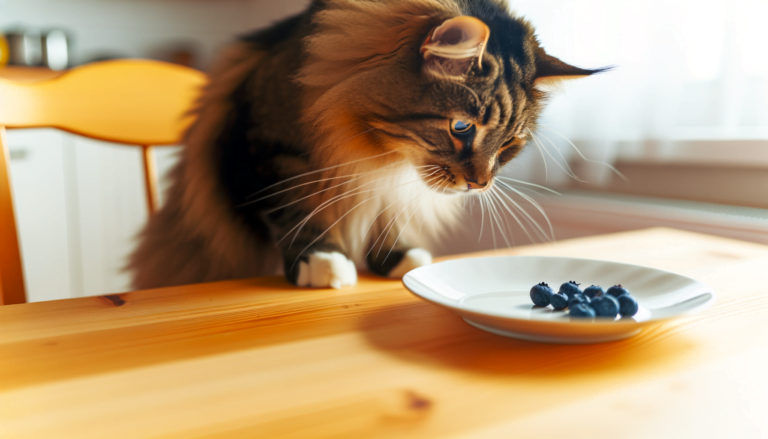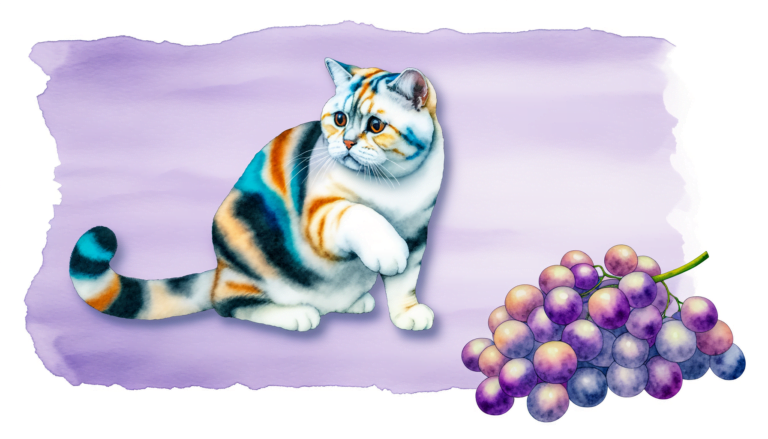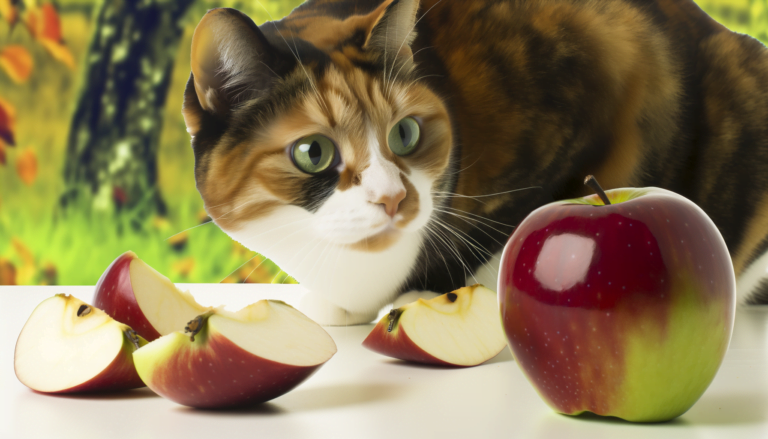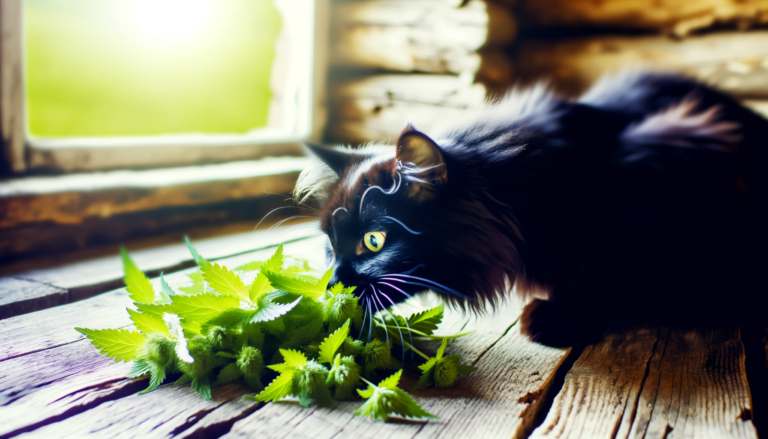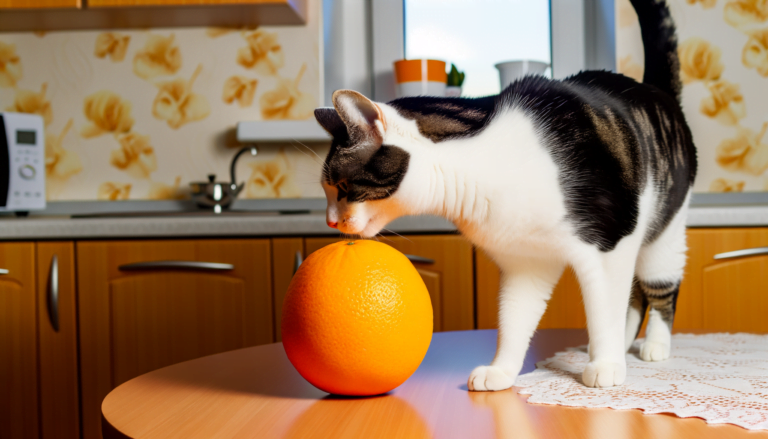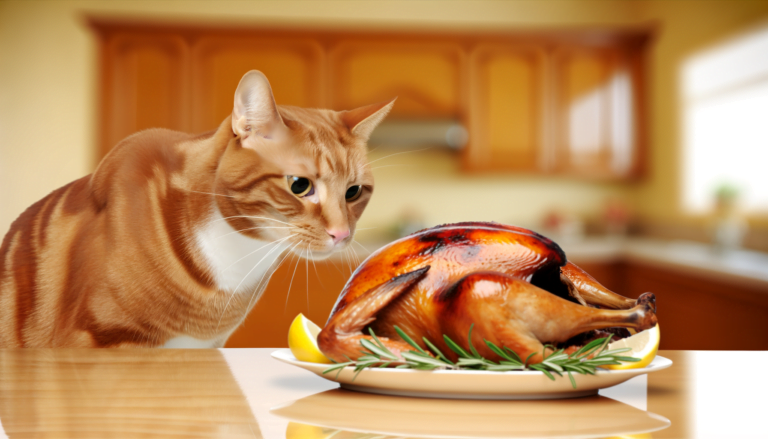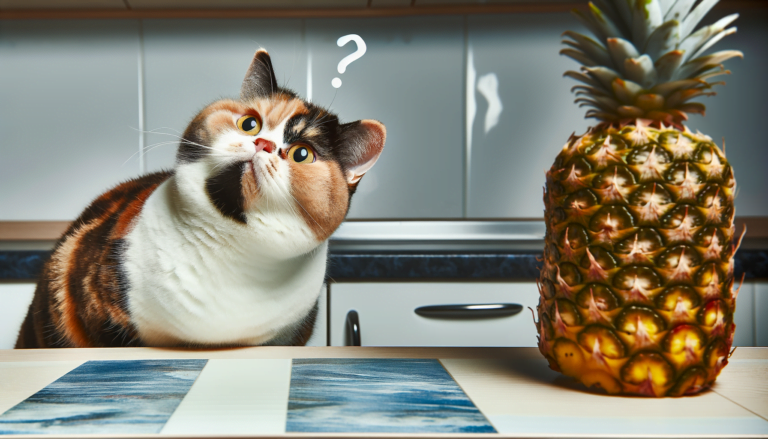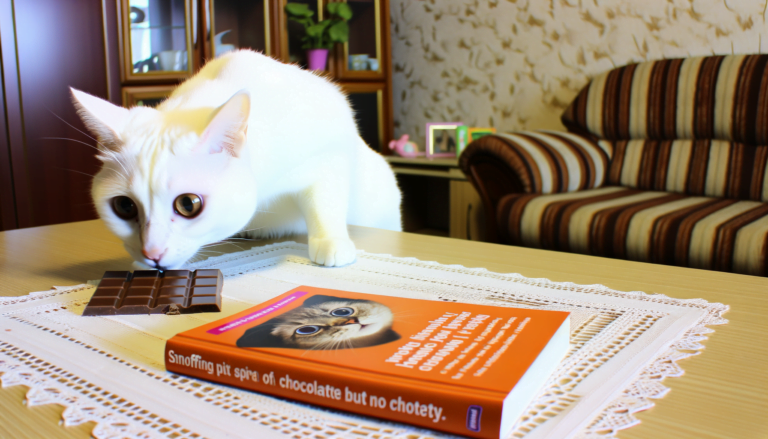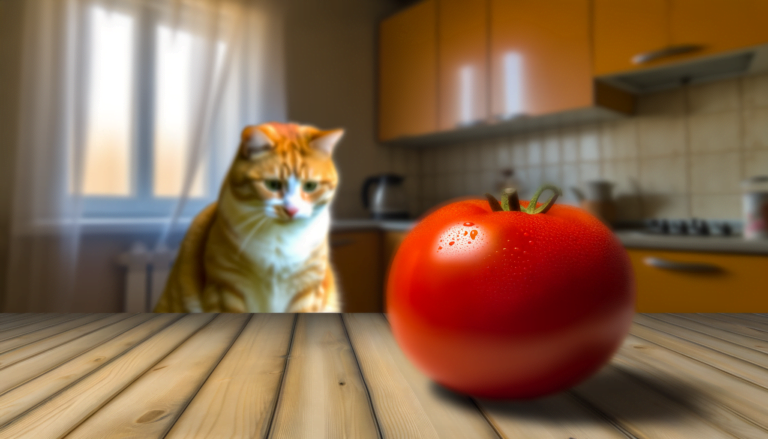Decoding Feline Dietary Secrets: Can Cats Safely Enjoy Blueberries?
Yes, cats can indeed enjoy blueberries. These small fruits are safe and non-toxic to our feline friends, and some may even find them tasty. Blueberries are packed with antioxidants and vitamin C, which are beneficial for overall health. However, it’s important to remember that cats are obligate carnivores and derive their main nutritional needs from meat. Blueberries should only be offered as a small treat, not as a significant part of their diet. Always remember to introduce any new foods slowly, and observe your cat for any changes in behaviour or digestive disruptions.
